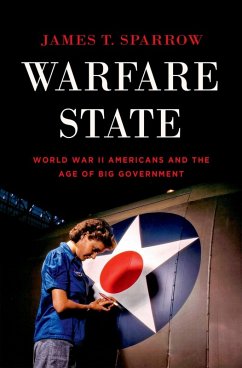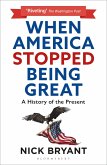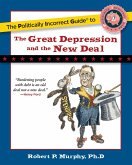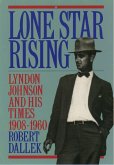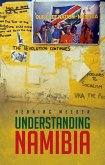Although common wisdom and much scholarship assume that "big government" gained its foothold in the United States under the auspices of the New Deal during the Great Depression, in fact it was the Second World War that accomplished this feat. Indeed, as the federal government mobilized for war it grew tenfold, quickly dwarfing the New Deal's welfare programs.
Warfare State shows how the federal government vastly expanded its influence over American society during World War II. Equally important, it looks at how and why Americans adapted to this expansion of authority. Through mass participation in military service, war work, rationing, price control, income taxation, and the war bond program, ordinary Americans learned to live with the warfare state. They accepted these new obligations because the government encouraged all citizens to think of themselves as personally connected to the battle front, linking their every action to the fate of the combat soldier. As they worked for the American Soldier, Americans habituated themselves to the authority of the government. Citizens made their own counter-claims on the state-particularly in the case of industrial workers, women, African Americans, and most of all, the soldiers. Their demands for fuller citizenship offer important insights into the relationship between citizen morale, the uses of patriotism, and the legitimacy of the state in wartime. World War II forged a new bond between citizens, nation, and government.
Warfare State tells the story of this dramatic transformation in American life.
Dieser Download kann aus rechtlichen Gründen nur mit Rechnungsadresse in A, B, BG, CY, CZ, D, DK, EW, E, FIN, F, GR, HR, H, IRL, I, LT, L, LR, M, NL, PL, P, R, S, SLO, SK ausgeliefert werden.

